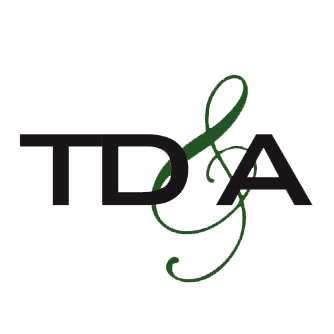OFFSHORE ASSET PROTECTION
The Offshore Asset Protection Trust (OAPT) is an irrevocable trust domiciled in a jurisdiction outside of the United States. It is the strongest asset protection tool available and is often used in conjunction with a Family Limited Partnership (FLP), Limited Liability Company (LLC), or Corporation to provide even stronger protection, flexibility, and control for the Settlor of the trust.
Offshore Asset Protection Trust Jurisdictions
There are multiple jurisdictions where the Offshore Asset Protection Trust can be domiciled. Jurisdictions that have specifically passed very favorable Offshore Asset Protection Trust laws are the Cook Islands, Isle of Man, Belize, Nevis, Cyprus, Caymans, Bahamas, Gibraltar, and St. Vincent. Certain jurisdictions have distinct legal advantages over others, which we match against your needs and desires. We will assess your situation and select the jurisdiction that is most appropriate and advantageous for you.
Strong Asset Protection
The Offshore Asset Protection Trust is the strongest asset protection tool because it removes your assets from United States court jurisdiction, under U.S. law, and places ownership of your assets in the trust, in the jurisdiction that your trust is domiciled. This change of ownership does not mean that you will lose control of your assets.
Complete Asset Control & Flexibility
By combining entities (OAPT plus FLP or LLC), you can remain in complete control over your assets. We typically recommend to our clients to keep their assets here in the United States. Essentially, we are importing foreign law without exporting your assets. Because you are removing U.S. court jurisdiction, it becomes extremely difficult for an adverse party to gain access to the assets that are owned by your Offshore Trust.
Fraudulent Conveyance Lawsuit
The only way your adversary can have access to those assets is to prove fraudulent conveyance. In the commonly used offshore jurisdictions, the statute of limitations for fraudulent conveyance is often as short as two years from the date of the transfer of the assets into the trust. This is not a long time in the legal world. Your adversary will likely run out of time and will either have to settle with you or pursue steadily mounting legal costs with no guarantee of success.
Advantage of Offshore Jurisdictions
If an adversary does wish to bring a lawsuit against your Offshore Asset Protection Trust alleging fraudulent conveyance, they will have to start the legal process over in the trust’s legal domicile offshore. Since most lawyers outside of the United States are generally not allowed to take contingency fees, the plaintiff will have to pay real money to hire them. Since the United States is the only country that does not have a “loser-pays” system, the court of the trust’s domicile will most likely require a cash bond of up to $150,000 just to file a lawsuit in that jurisdiction.
Pursuing a Lawsuit Against Your Offshore Trust
Once a lawsuit has begun, and depending on the jurisdiction, the burden of proof lies with the plaintiff. Not only do they have to prove fraudulent conveyance within the statute of limitations, but they also must prove it beyond a reasonable doubt, which is an extremely high standard of proof and difficult to attain. As you can see, your adversary will have to jump through numerous hoops just to begin and pursue a lawsuit against your trust. This process is both time-consuming and costly and usually deters adversaries from pursuing a lawsuit against your Offshore Asset Protection Trust.
OAPT And Your Taxes
It should be noted that the OAPT is a tax-neutral entity. It is “grantor trust” for tax purposes, and is deemed a “disregarded entity.” This makes the administrative burden minimal. The OAPT is purely an asset protection and estate planning tool and provides no tax advantages or disadvantages.
IRS Forms 3520 & 3520-A
All income from the Offshore Trust must be reported and paid annually. The IRS has specialized reporting forms specifically for this purpose (Forms 3520 and 3520-A), that must be filed when establishing and maintaining an Offshore Asset Protection Trust. Not only is the 3520-A filing required by law, but staying in compliance by filing it annually can be some of your best evidence of the legality and legitimacy of your Offshore Trust if faced with a skeptical judge during a lawsuit.
Contact Tresp, Day & Associates, Estate Planning Attorneys & International Asset Law Firm
The Offshore Asset Protection Trust has many great advantages for someone looking to have the best in iron-clad asset protection. We will work with you to customize a strategy to best fit your current situation and future goals. To receive more in-depth information about the Offshore Asset Protection Trust, call our office to schedule a consultation at (858)755-6672.

